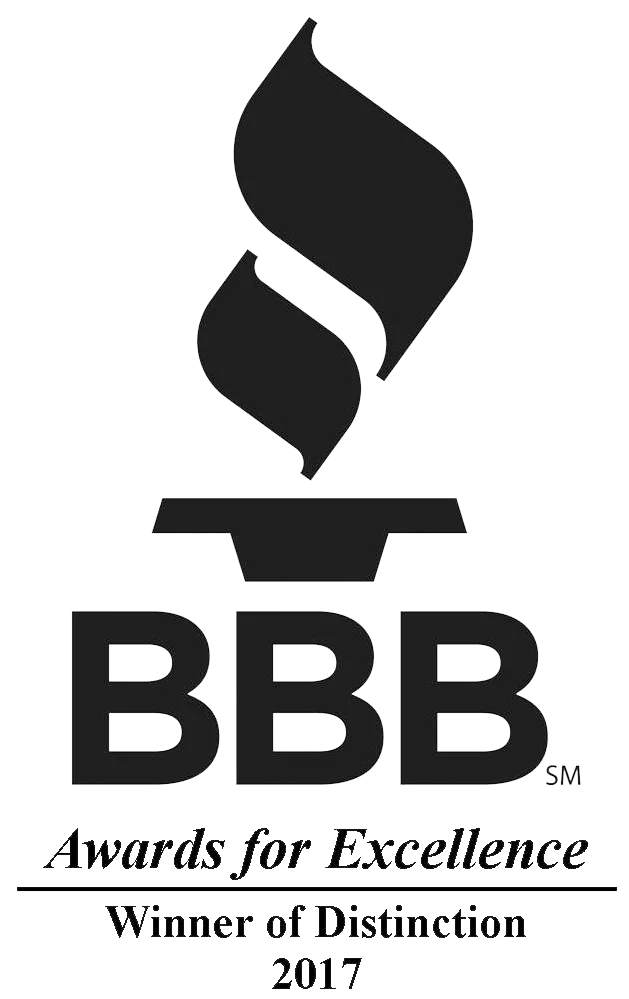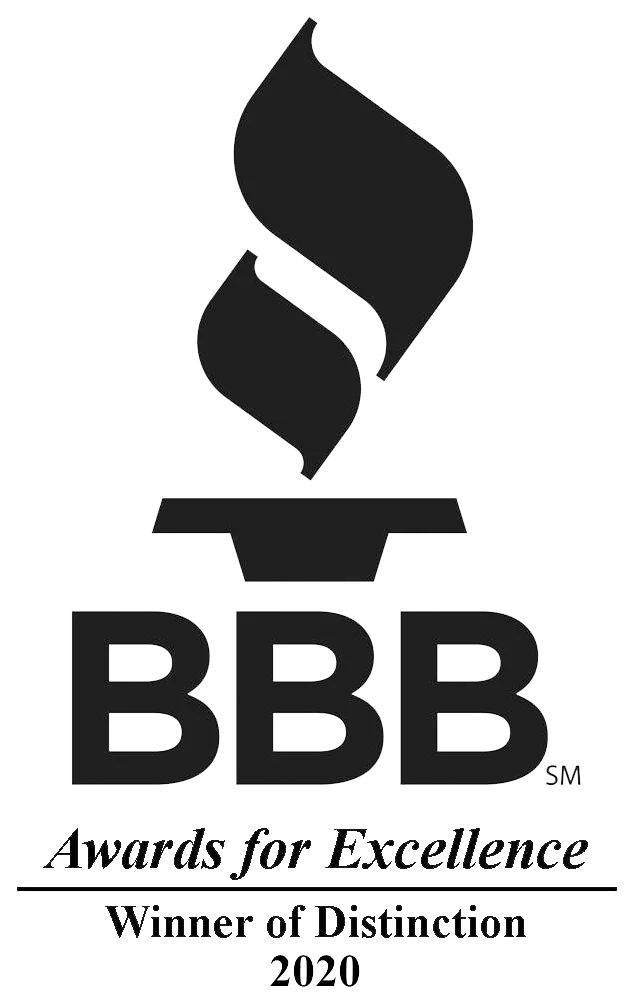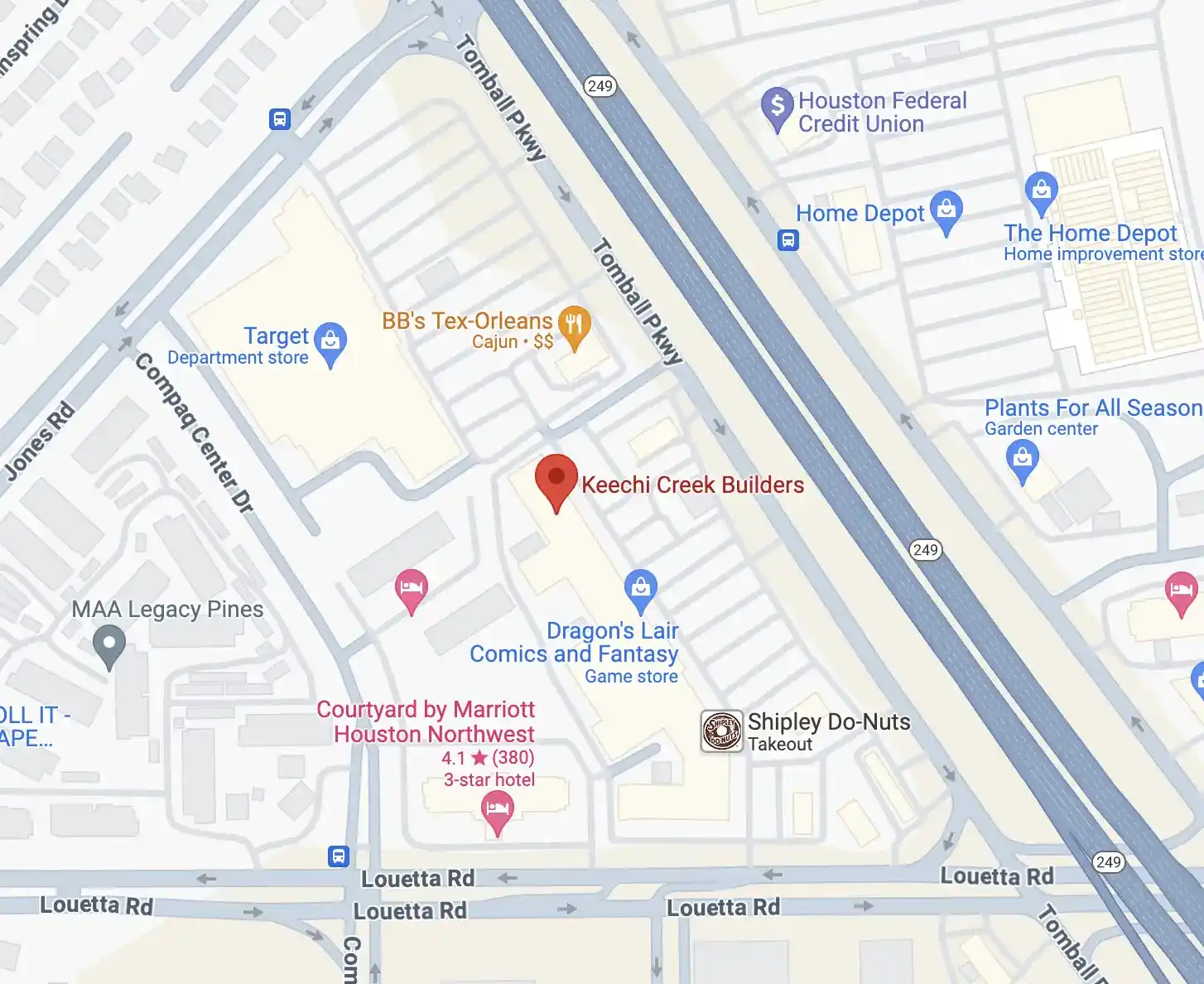While a kitchen remodel can be a thrilling adventure, it can also be a minefield of cost overruns and schedule delays if not well planned. You're about to embark on a journey where careful budgeting meets meticulous scheduling - two seemingly contrasting spheres that, when harmoniously integrated, can lead to a successful kitchen makeover. Want to know how to keep your kitchen remodel on budget and on time without sacrificing your dream design? Stay with us, as we're about to unveil seven proven strategies that could be your keys to a smooth renovation journey. Effective kitchen remodel budget planning starts with distinguishing between your must-haves and nice-to-haves, ensuring that your top priorities are funded first. Pair that with obtaining multiple quotes from trusted professionals to avoid unexpected surprises down the line. By taking this proactive approach, you’ll lay a solid foundation for a stress-free renovation that respects both your timeline and wallet.
Key Takeaways
- Start with a realistic budget, considering all projected expenses including unexpected costs, and regularly review and adjust as needed.
- Prioritize projects based on cost, return on investment, urgency, and impact on functionality, focusing on higher ROI projects first.
- Utilize efficient scheduling and timeline management, building in buffer time for unforeseen challenges and coordinating closely with contractors.
- Implement cost-saving strategies such as using recycled materials, undertaking DIY tasks, comparing quotes, and negotiating discounts or bundled services.
- Prepare for potential risks and contingencies by allocating a fund for unexpected expenses, having backup suppliers, and documenting all changes and agreements.
Understanding Your Kitchen Remodel Costs
Before diving into your kitchen remodel, it's crucial to fully grasp the potential costs involved to avoid any nasty financial surprises down the line. A detailed cost breakdown analysis can be invaluable here. It's not just about the big ticket items like cabinets and appliances. You'll also need to consider costs for things like labor, permits, and unexpected issues that may arise during the renovation.
To start, you'll want to itemize your projected expenses. This will give you a clear picture of where your money is going and highlight areas where you might be able to cut back. Remember, it's always better to overestimate costs and be pleasantly surprised than to underestimate and be caught off guard.
Next, let's explore your financing options. Are you paying out of pocket, or will you need to secure a loan? If it's the latter, it's important to understand the terms, interest rates, and how this will impact your overall budget. Take your time to shop around and find the best deal.
Incurring debt for a kitchen remodel isn't necessarily a bad thing, but you should be comfortable with the repayment plan. After all, your new kitchen should be a source of joy, not financial stress.
Setting a Realistic Remodel Budget
Now, let's delve into how you can set a realistic budget for your kitchen remodel that aligns with your financial capabilities and renovation goals. It's crucial to remember that remodeling isn't merely about aesthetics; it's a significant investment that should add value to your home.
To begin, you need to be aware of your financial limitations. This means comprehending your income and expenses, your savings, and how much you can feasibly dedicate to the remodel without straining your finances.
Next, you'll need to factor in budget constraints. This involves considering the cost of materials, labor, and any unexpected expenses that might arise. You can't plan for everything, but a contingency fund will provide a safety net.
Here are a few pointers to help you set a balanced and realistic budget:
- Understand your financial limitations and consider your long-term financial goals.
- Be aware of the potential costs and prepare for unexpected expenses.
- Prioritize your needs over your wants.
- Seek professional advice if needed.
Creating a Detailed Remodel Timeline
Once you've established a realistic budget for your kitchen remodel, it's crucial to create a detailed timeline for the project, ensuring each step aligns with your financial plan and renovation goals. This timeline serves as a roadmap, providing a clear sequence of events from the demolition phase to the final touches.
Maintaining timeline flexibility is key in managing unforeseen challenges that may arise during the remodel. It's not uncommon for kitchen remodels to encounter unexpected issues, such as hidden water damage or outdated wiring. Such surprises could extend your project's duration, so it's wise to build in buffer time to accommodate these potential delays.
Scheduling contractors is a pivotal part of your timeline. Coordinate with your contractors early and ensure they understand your timeline's expectations. Keep in mind, quality contractors are often booked out months in advance, so scheduling them early is a must.
Ultimately, a detailed timeline keeps your project on track, ensures everyone knows what's to come, and helps avoid overspending. Your remodel's success heavily relies on thoughtful planning, budgeting, and scheduling.
Prioritizing Your Remodeling Projects
Determining the order of your remodeling projects is essential, as it allows you to focus your time and resources effectively, ensuring that you tackle the most important tasks first. Prioritizing is not just about considering your personal preferences, but also about understanding project valuation and how each remodel can improve your kitchen's space utility.
To help you set priorities, consider these factors:
- The overall cost and return on investment of each project. Higher ROI projects should typically take precedence.
- The existing state of your kitchen and which improvements are most urgently needed.
- The impact of each project on the kitchen's functionality and utility.
- Your personal lifestyle and how each remodel will cater to it.
Utilizing Cost-Saving Strategies
To make the most out of your kitchen remodel budget, it's crucial to incorporate cost-saving strategies without compromising quality and functionality. An effective way to reduce costs is through recycled materials usage. You'll not only save money but also contribute to environmental sustainability. Seek out sources for reclaimed wood, repurposed fixtures or countertops. These materials often have unique characters that add a touch of individuality to your kitchen.
Additionally, consider undertaking DIY tasks during your kitchen remodel. It's a surefire way to save on labor costs. Be realistic about your skills and time. Painting, for instance, is a task most homeowners can tackle. You might also install a new backsplash or replace the cabinet handles yourself. However, leave complex jobs like plumbing or electrical work to professionals to avoid costly mistakes.
Remember, planning is key. Invest time in researching costs, comparing quotes, and identifying areas where you can cut back without sacrificing the overall design. By doing so, you'll maximize your budget, enabling you to achieve the kitchen of your dreams.
Incorporating these cost-saving strategies will ensure that you get the most value for your investment, while creating a space that truly reflects your style and needs.
Planning for Unexpected Expenses
While smart budgeting and cost-saving strategies can significantly lower your kitchen remodel expenses, it's also essential to set aside funds for unexpected costs that might crop up during the process. This emergency fund allocation is a safety net that can save you from financial stress and project delays. It's wise to budget an additional 15-20% of your total estimated cost for these unforeseen expenses.
To better prepare, you can employ certain risk assessment techniques. These steps involve identifying potential risks, assessing their impact, and planning for their mitigation. Here are some common unexpected costs you might encounter:
- Unforeseen structural issues that require immediate attention
- Upgrades to electrical or plumbing systems not previously accounted for
- Cost overruns due to changes in material prices
- Delays caused by factors outside your control like weather or vendor issues
In planning for these, you're not just preparing for worst-case scenarios. You're also securing your peace of mind. Remember, an effective budget plan isn't only about cutting costs; it also includes smart strategies for managing potential risks and unexpected expenses. This way, you'll be well-prepared and can smoothly navigate through your kitchen remodel journey.
Monitoring Budget and Progress Regularly
Keeping a close eye on your budget and the progress of your kitchen remodel is fundamental in ensuring the project stays on track and within your financial confines. Budget tracking tools can be a key asset in this endeavor. They can help you monitor your expenditure in real-time, ensuring you're not overspending on any particular aspect of the remodel. They can also help you identify any potential cost overruns early on, giving you a chance to make necessary adjustments before it's too late.
In tandem with budget tracking, progress assessment methods are equally important. These can include regular check-ins with your contractor, visual inspections, and even using project management software to track the work being done. Regular progress assessments can catch any issues early on, enabling you to address them promptly and prevent any delays or cost overruns.
Frequently Asked Questions
What Are Some Design Trends to Consider for My Kitchen Remodel?
You should consider smart storage solutions and lighting choices in your kitchen remodel. Modern designs often feature innovative cabinetry for optimal storage and layered lighting to enhance functionality and ambiance. It's all about efficiency and style.
How Can I Make My Kitchen More Eco-Friendly During the Renovation?
You can make your kitchen more eco-friendly by choosing sustainable materials for countertops and cabinets. Also, opt for energy-efficient appliances. It's not just good for the planet, it'll cut down on utility costs too.
Can I Live at Home During the Kitchen Remodeling Process?
Yes, you can live at home during the kitchen remodel. However, it'll disrupt your daily routines. Consider relocation options like staying with family or renting a short-term place to maintain a comfortable living environment.
How Can I Ensure the Remodel Will Increase the Value of My Home?
To ensure your remodel increases your home's value, carefully consider your material selection. High-quality materials often yield better home appraisal results. Research and select materials that'll appeal to potential buyers and enhance your home's overall appeal.
What Are the Most Popular Kitchen Appliances to Incorporate in a Remodel?
Incorporating popular kitchen appliances like smart appliances and retro revival pieces can modernize your space. Smart appliances offer increased functionality, while retro appliances add a stylish, nostalgic touch to your remodel.










![prism2023 winner logo[8]](https://files.keechicreekbuilders.com/2024/11/prism2023-winner-logo8-e1731607791571.webp)
